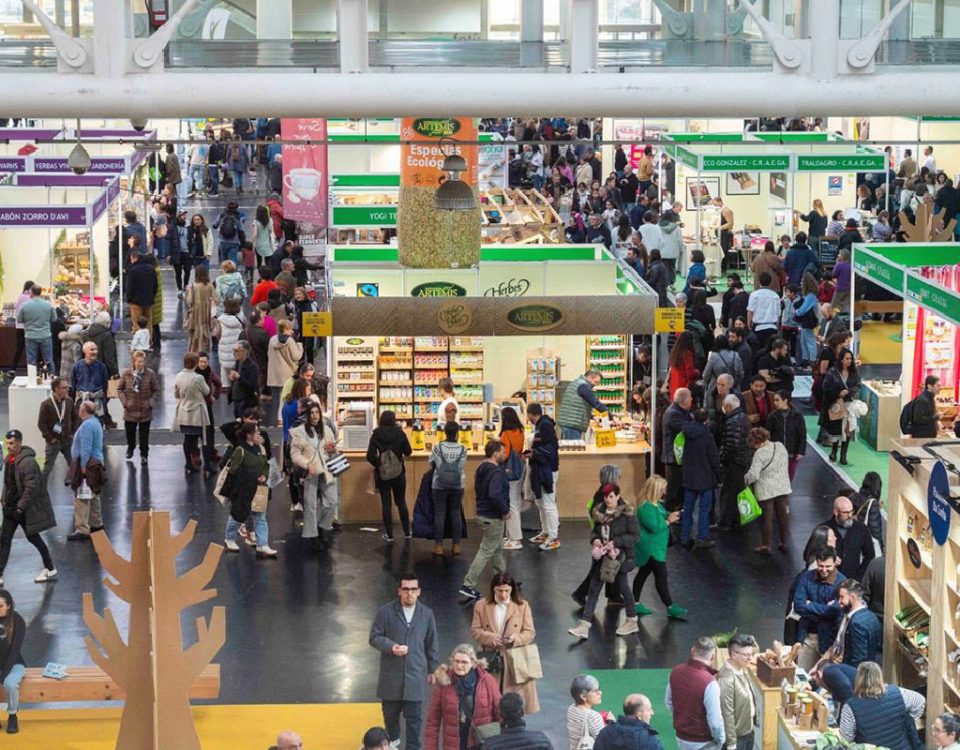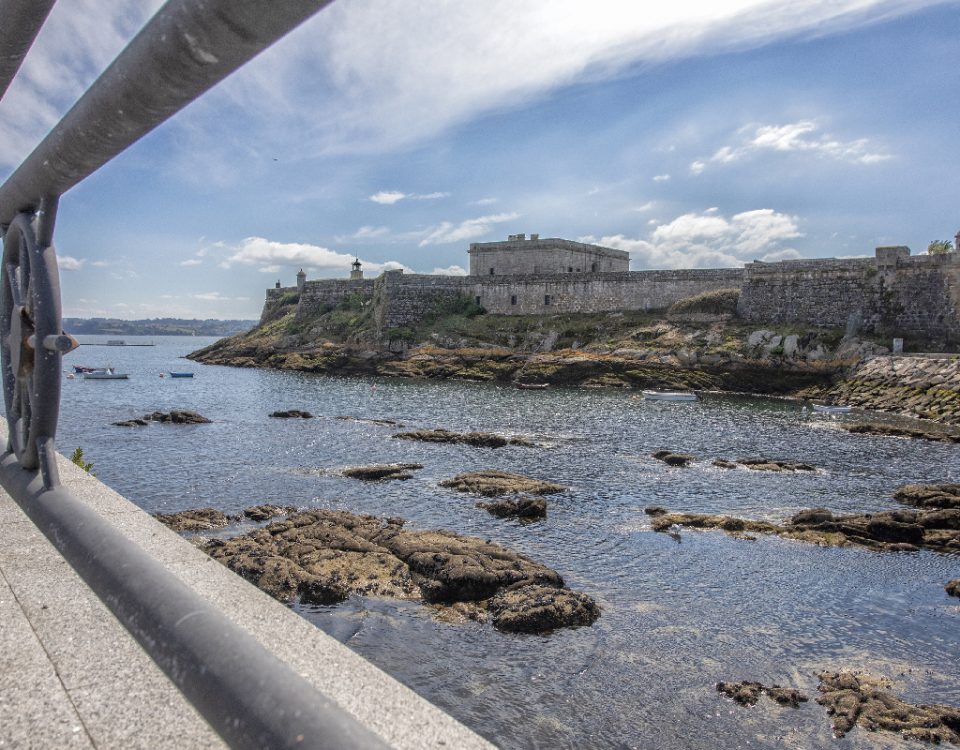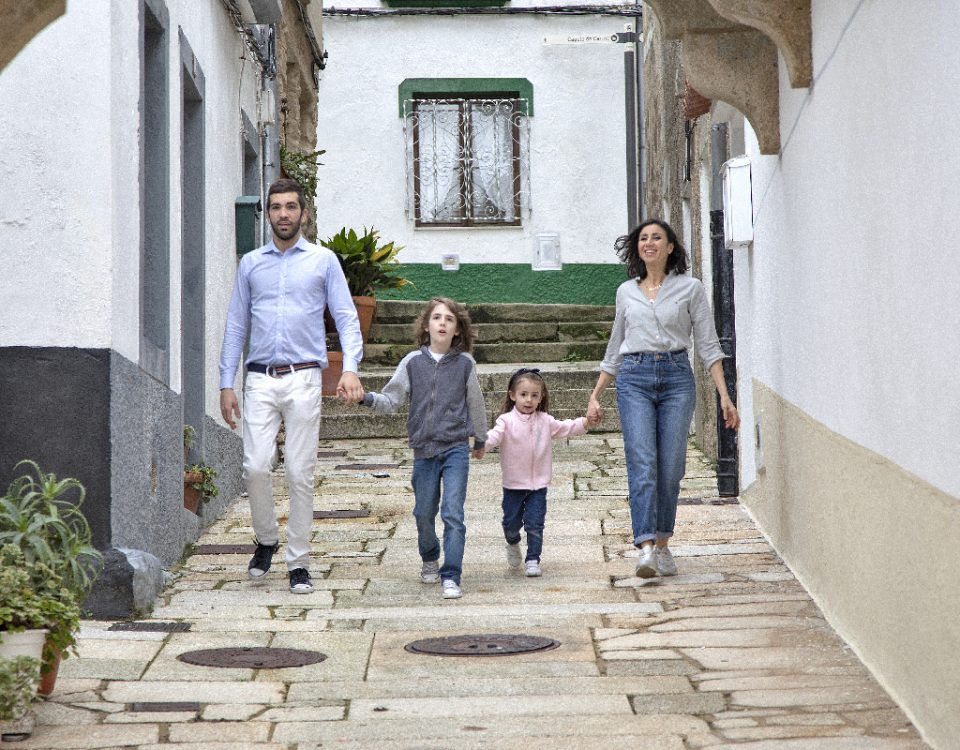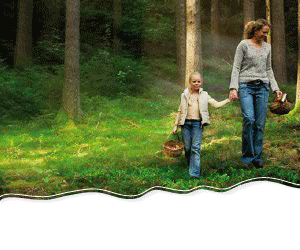- El mejor turismo de galicia
Galicia was put as an example of successful regulation of tourist housing in a forum held at the ITB Berlin
Galicia was put as an example of successful regulation of tourist housing in a forum held at the ITB Berlin
The CTG concluded its fourth trade mission in Germany with fifty professional meetings held
The Galician Tourism Cluster, under the guidance of its secretary, Cesáreo Pardal, has participated in a debate table on the current situation and policies of regulation of tourist housing in the framework of the conferences held at the ITB International Tourism Fair Berlin 2018. The active participation of the Cluster has been fostered by the invitation of the Spanish Federation of Tourist Housing Associations (FEVITUR) that wanted to make the case of Galicia known internationally as an example of successful regulation of housing for tourism use. In this sense, its president, Tolo Gamila, congratulated Galicia for the implementation of an exemplary decree on the regulation of this type of accommodation. The case of Galicia has been a success story because they have managed to develop and implement a decree of easy compliance, which puts these accommodations in the tourism sector and is highly beneficial to both users and owners of these homes,”said Gamila. In addition to the secretary of the CTG and the president of Fevitur, the round table was attended by two representatives of two rental platforms of this type of housing, HomeAway and Novasol and was attended by professionals from the sector and members of the European Holiday Home Association (EHHA), of which Fevitur is a member. The EHHA currently groups together 4 million lodgings of this type, representing more than 20 million beds worldwide, generating a turnover of around 600 billion euros annually.
During his participation, the secretary of the Cluster highlighted that the decree has led to the registration of more than 5,500 homes in Galicia in the first nine months of operation and that the regulations were the result of intense work in dialogue and public-private cooperation to establish common bases with which to work. As several participants at the table claimed, one of the main problems faced by Spain is the lack of a single regulation for regulating this type of accommodation, since it is not even clearly defined what a tourist dwelling is.
A unique normative
To this circumstance is added that the competences in tourism are transferred to the autonomies, which has given rise to different regulations with more or less restrictions, which causes discomfort among owners and confusion among users. Spain needs friends, security and to find new clients, especially considering the recovery that the countries of North Africa and Turkey are experiencing,”said the representative of Novasol, an international rental platform for holiday homes, which stressed that they are willing to pay taxes, but Spain must clarify the market and end uncertainty. The message that many administrations and the media are sending out is that this is a sector that does not want to pay taxes, that does not offer quality accommodation and that generates problems among its neighbours, and that is not true, we are not against anyone and we are the first ones who want to establish a clear regulatory framework,”said José Antonio Bonache, from HomeAway.
Galicia’s participation in this forum also served to highlight the need for all parties involved to be present in the implementation of this type of regulations, essential to guarantee a safe and quality accommodation offer, something that Fevitur is working on nationally, supporters of regulation and not the restriction of this type of accommodation.
ITB Berlin balance
With the participation in the round table of Fevitur, the Galician Tourism Cluster puts an end to the fourth trade mission to ITB Berlin, which has involved about thirty professionals from more than a handful of Galician tourism companies. Over the course of these days, close to fifty meetings have been held with tour operators from the German market belonging to a wide variety of segments: active tourism, food and wine, women-only travel, slow travel or gardens, to name a few. In addition to the Camino de Santiago, which continues to be a driving force behind the Galician international offer, German professionals demanded new routes and new products, offering complete programmes to get to know the Galician destination.









